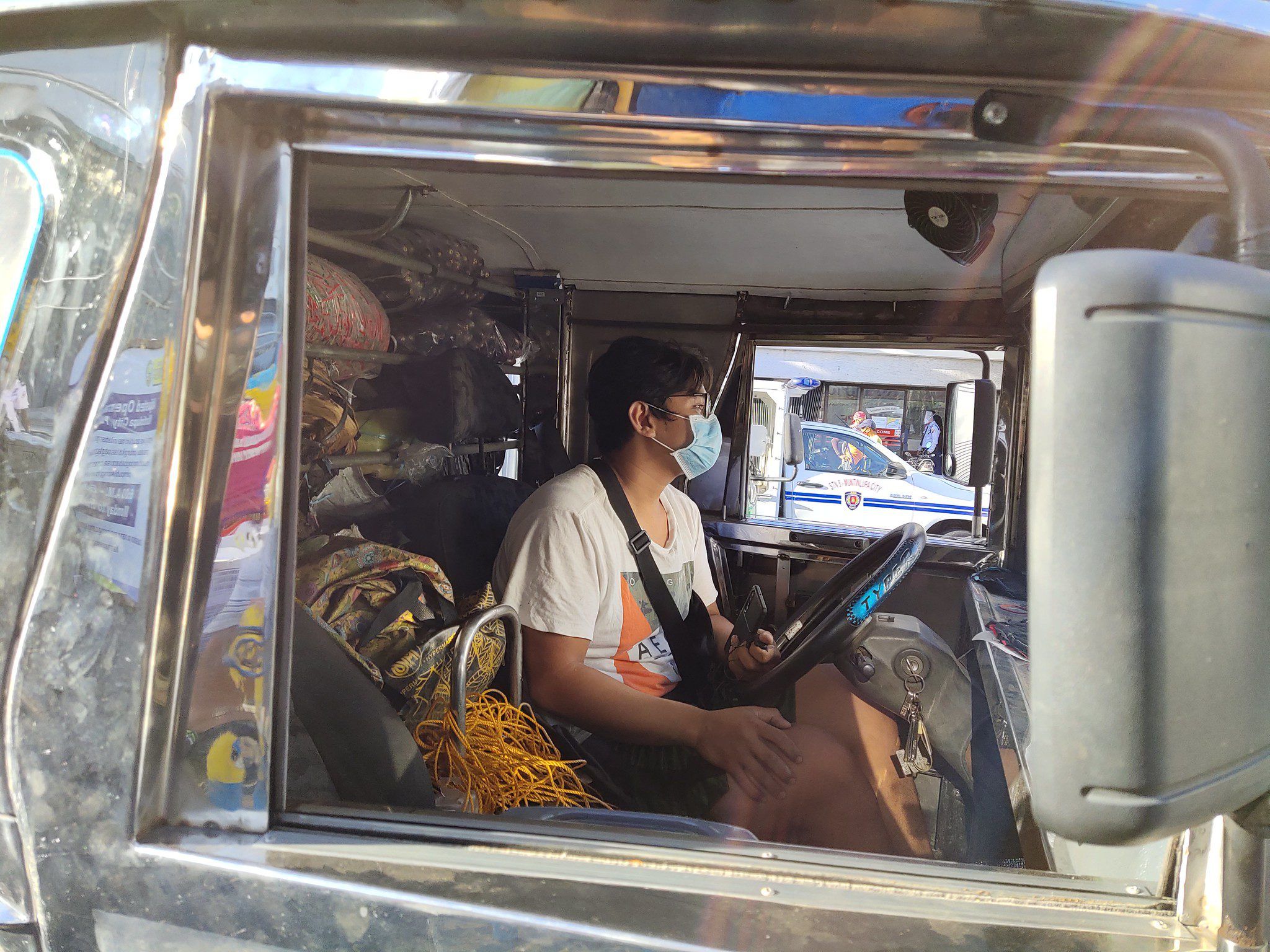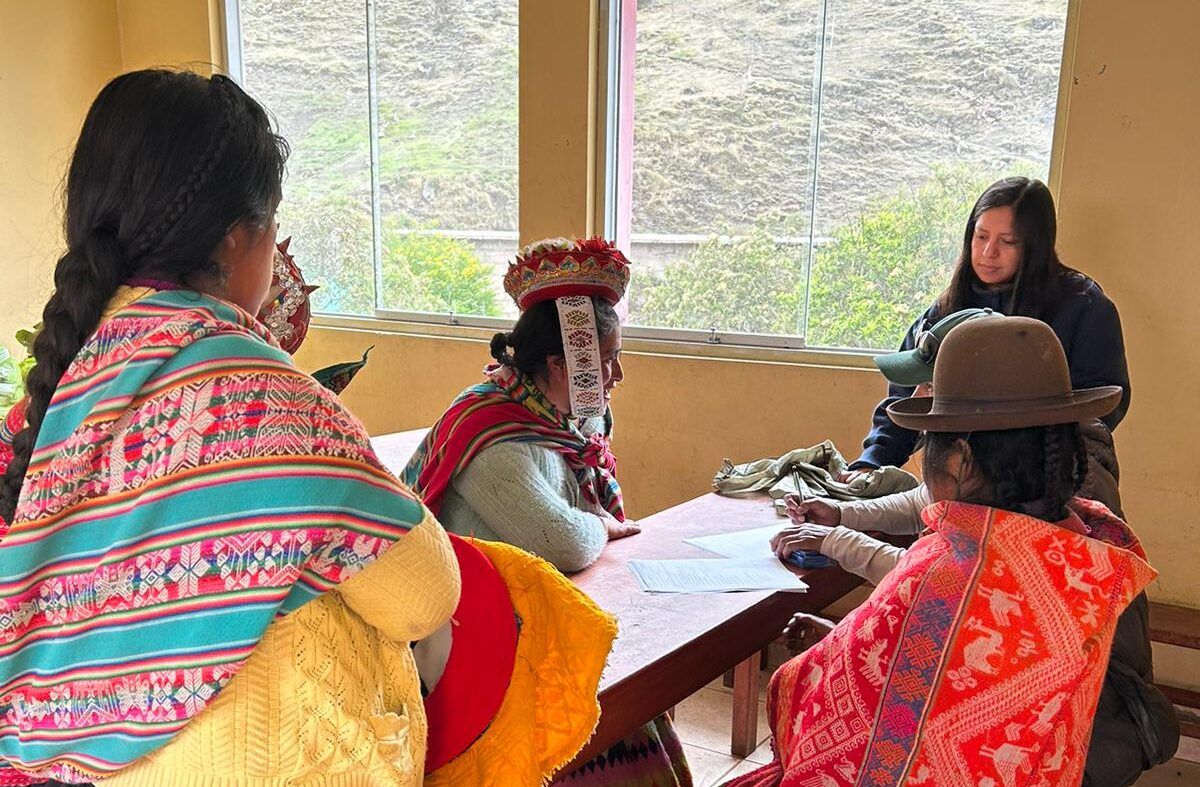
Array
(
[thumbnail] => https://s42831.pcdn.co/wp-content/uploads/2022/12/49886026992_78289bdfb2_k-150x150.jpeg.optimal.jpeg
[thumbnail-width] => 150
[thumbnail-height] => 150
[medium] => https://s42831.pcdn.co/wp-content/uploads/2022/12/49886026992_78289bdfb2_k-300x225.jpeg.optimal.jpeg
[medium-width] => 300
[medium-height] => 225
[medium_large] => https://s42831.pcdn.co/wp-content/uploads/2022/12/49886026992_78289bdfb2_k-768x576.jpeg.optimal.jpeg
[medium_large-width] => 768
[medium_large-height] => 576
[large] => https://s42831.pcdn.co/wp-content/uploads/2022/12/49886026992_78289bdfb2_k-1024x768.jpeg.optimal.jpeg
[large-width] => 1024
[large-height] => 768
[1536x1536] => https://s42831.pcdn.co/wp-content/uploads/2022/12/49886026992_78289bdfb2_k-1536x1152.jpeg.optimal.jpeg
[1536x1536-width] => 1536
[1536x1536-height] => 1152
[2048x2048] => https://s42831.pcdn.co/wp-content/uploads/2022/12/49886026992_78289bdfb2_k.jpeg.optimal.jpeg
[2048x2048-width] => 2048
[2048x2048-height] => 1536
[gform-image-choice-sm] => https://s42831.pcdn.co/wp-content/uploads/2022/12/49886026992_78289bdfb2_k.jpeg.optimal.jpeg
[gform-image-choice-sm-width] => 300
[gform-image-choice-sm-height] => 225
[gform-image-choice-md] => https://s42831.pcdn.co/wp-content/uploads/2022/12/49886026992_78289bdfb2_k.jpeg.optimal.jpeg
[gform-image-choice-md-width] => 400
[gform-image-choice-md-height] => 300
[gform-image-choice-lg] => https://s42831.pcdn.co/wp-content/uploads/2022/12/49886026992_78289bdfb2_k.jpeg.optimal.jpeg
[gform-image-choice-lg-width] => 600
[gform-image-choice-lg-height] => 450
)
Minorities, Migrants, and Social Exclusion During COVID-19
The coronavirus pandemic intersects with existing forms of social exclusion. Evidence of disparate health impact on minorities in many countries, as well as reports of unequal treatment, scapegoating, and abuse, suggest that social exclusion is compromising the effectiveness of efforts to stem the spread of the virus. COVID-19 responses should strive to strengthen social inclusion and leave no one behind.
As COVID-19 deaths increased in the United States (US), a disturbing statistical pattern began to emerge—the virus had a disproportionate impact on minority communities across the country. Unfortunately, this trend of disproportionate health impacts is visible across several countries. In Sweden, Somali refugees are the hardest-hit group. In Norway, immigrants are disproportionately affected as well. In addition to the disproportionate health risks, some measures put in place to contain the virus have had the effect of alienating minority and migrant communities. Ethnic minorities and migrants are also overrepresented in high-risk frontline jobs with low pay, which increases the risk of exposure and feelings of exclusion. This realization has ignited debates about whether government responses to the pandemic give enough consideration to those who are typically excluded and underrepresented in society.
As we are already seeing, the consequences for excluding minority groups from COVID-19 response measures could be dire. In Singapore, the second wave of coronavirus spread was linked to packed dormitories for migrant workers who do not appear to have been provided access to the same degree of medical care and contact-tracing measures as the general population. Since some hospitals in Iran have refused to treat Afghan migrants, tens of thousands of Afghans have resorted to returning to Afghanistan, increasing the risk of disease spread.
Additionally, sudden border closures have left many migrant workers stuck in precarious situations, putting their own health and that of others in jeopardy. In Colombia, many are stuck on the border with Venezuela, which is under control of armed groups. In India, migrant workers are concerned about the potential for virus spread in their cramped accommodations. As the Indian government considers loosening lockdown measures, there is concern that migrant workers might unwittingly spread the virus once allowed to leave, as a result of the squalid conditions in which they were living during the lockdown.
COVID-19 policies that ignore the particular experiences of minorities and vulnerable groups could also exacerbate social fractures. In many places, discrimination and xenophobia are on the rise, as fears about the virus are weaponized to scapegoat minorities. This week, United Nations Secretary-General António Guterres denounced the “tsunami of xenophobia” that has occurred during the pandemic. In a recent brief, he noted that we must view the pandemic as a fight against the virus, and not against people. In the US, Asian Americans—previously lauded as members of a “model minority”—are now reporting increased incidents of racial abuse, which generates feelings of alienation and anxiety. Such instances of racism recall the complicated history of racializing diseases in the US. In India, the hashtag #CoronaJihad has appeared nearly 300,000 times on Twitter, promoting a narrative that blames the Muslim minority for spreading the virus. Fake videos have circulated on social media sites purporting to show Muslims intentionally spreading the virus. COVID-19 has also exacerbated sectarian tensions in Lebanon, where the Shia community has been blamed for importing the virus from Iran, while the Catholic community has been blamed for bringing it from Italy. Refugees and migrants have also falsely been accused of being the source of COVID-19 in countries including Italy and the US.
If governments fail to counter false narratives blaming entire minority groups for the virus, they risk repeating the mistakes that led to the scapegoating of Muslims and Arab-Americans after 9/11 in the US, which caused societal divisions still echoing today. Additionally, discrimination against racial minorities and migrant communities could also lead to a fraying of diplomatic ties, as evidenced by the tensions between China and several African states after reports of racism against African migrants in China emerged. When the very real issues experienced by minority populations are not addressed, they will inevitably foster grievances that affect societal cohesion more broadly. Such grievances can be exploited to increase polarization or promote the agendas of non-governmental actors. Groups like the Islamic State are already exploiting the diplomatic divisions that have erupted in light of the pandemic.
What can governments do to prevent social exclusion from compromising the COVID-19 response? Several countries have implemented COVID-19 policies that factor in the needs of vulnerable populations. Portugal has opted to treat migrants as residents during the pandemic, providing them with free access to health services and welfare systems. Malaysia has suspended immigration enforcement for undocumented migrants who come forward for testing. Panama is offering shelter to stranded migrants while international travel restrictions are in place.
More broadly, the most successful responses to the pandemic involve both high levels of trust in the government and greater collective action. Research shows that a coordinated national government response is essential in limiting virus spread. Clear and effective communication by the government is also critical, and effective communication strategies can encourage a unified effort. Open Government Partnerships has developed a tracker for monitoring communication strategies implemented by countries to tackle COVID-19, ranging from Whatsapp bots to engagement with community leaders.
The exclusion of minority groups undercuts the effectiveness of pandemic responses and lays the groundwork for more fragmented societies. Research shows that minorities and migrant groups disproportionately live in crowded urban areas and work in essential services, where the risk of exposure is greatest. If these groups do not feel comfortable seeking testing or care for fear of discrimination and other adverse consequences, then response measures should be tailored to address their concerns. International Organization for Migration spokesperson John Millman has called on governments to treat migrants with dignity and respect, adding that societies are healthier when everyone is healthy. This principle should guide COVID-19 policies that are inclusive of all minority and marginalized communities.
Photo: A delivery driver wears a mask and unloads essential items amid the COVID-19 lockdown, Muntinlupa City, Philippines (© ILO/Minette Rimando CC BY-NC-ND 2.0).
More Resources
Stay Connected
Subscribe to our newsletter and receive regular updates on our latest events, analysis, and resources.
"*" indicates required fields




